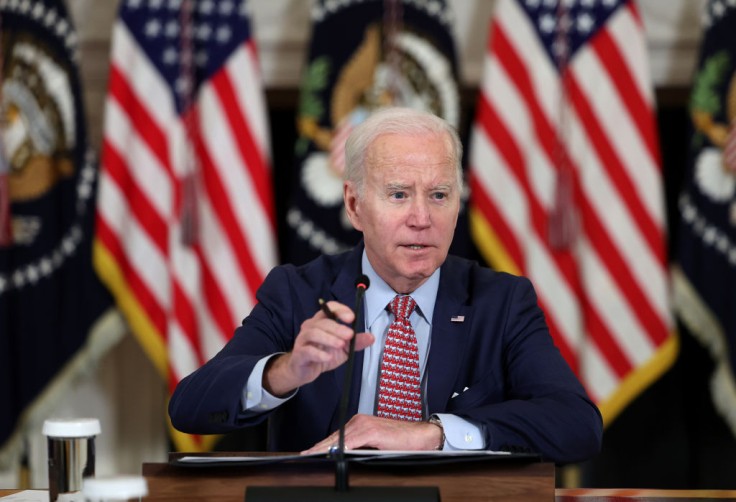
The Biden administration is officially terminating the COVID-19 national emergency in the country. After being in effect for over three years, the COVID-19 national emergency in the United States is finally coming to an end.
President Biden signed a Republican-backed resolution into law that effectively terminates the national emergency immediately. The COVID-19 national and public health emergencies were supposed to last until May 11, but the White House unexpectedly decided to extend them until now.
The resolution to end the national emergency was introduced by House Republicans, who pushed for the emergency to end sooner. However, it's important to note that a separate public health emergency related to COVID-19 will continue until May 11.
COVID-19 Relief Programs Ends
According to NBC, the termination of the national emergency program under COVID-19 could have significant consequences for the American people, particularly in terms of assistance and aid programs.
The program's termination will result in the discontinuation of certain waivers for federal health programs, which were intended to aid healthcare providers during the pandemic's peak. However, some individuals oppose the conclusion of the program, as it may have far-reaching implications.
A senior administration official stated that the vote to terminate the national emergency before May compelled the administration to expedite the wind-down process of some of its emergency programs and inform those impacted by the changes.
For example, the Department of Housing and Urban Development's mortgage forbearance and the Veteran Affairs Department's relaxed requirements for home visits to evaluate caregiver assistance eligibility are among the affected programs.
As reported by Politico, the Biden administration warned in a Statement of Administration Policy that ending the emergency declarations suddenly would create widespread confusion and uncertainty throughout the healthcare system.
In essence, the termination of the national emergency program could result in fewer aid programs, which may have a significant impact on those who require assistance.
The termination of the public health emergency next month is anticipated to have broader implications for policies such as the Trump-era immigration program known as Title 42.
What's Next for Title 42?
President Biden signed the legislation behind closed doors on the eve of his trip to Northern Ireland. The bill was drafted by Rep. Paul Gosar and passed the House with a vote of 229-197 in February, with support from a handful of Democrats. The Senate also passed the bill with a vote of 68-23 last month, with around half of the Democratic senators voting in favor.
According to the New York Post, the Justice Department has stated that ending the national emergency program would result in the termination of the Title 42 immigration policy, which allows for the rapid deportation of individuals who illegally cross the US-Mexico border.
More people are now permitted to enter the US while they wait for asylum decisions under the Biden administration, which has gradually loosened the enforcement of Title 42. However, under the policy, thousands of migrants have still been deported each month, and it would need to be replaced with a new plan to address record-high illegal crossings.
It's worth noting that Biden also invoked the national emergency program last year when announcing his plan to forgive up to $20,000 in federal student debt per borrower just before the midterm elections. However, this decision has been met with criticism from critics who argue that Biden exceeded his legal authority, and the Supreme Court is currently reviewing the plan.
For now, it is not yet clear what economic relief programs are in store for the American people in the future. As the election draws closer, these queries become more uncertain and unclear for the time being.